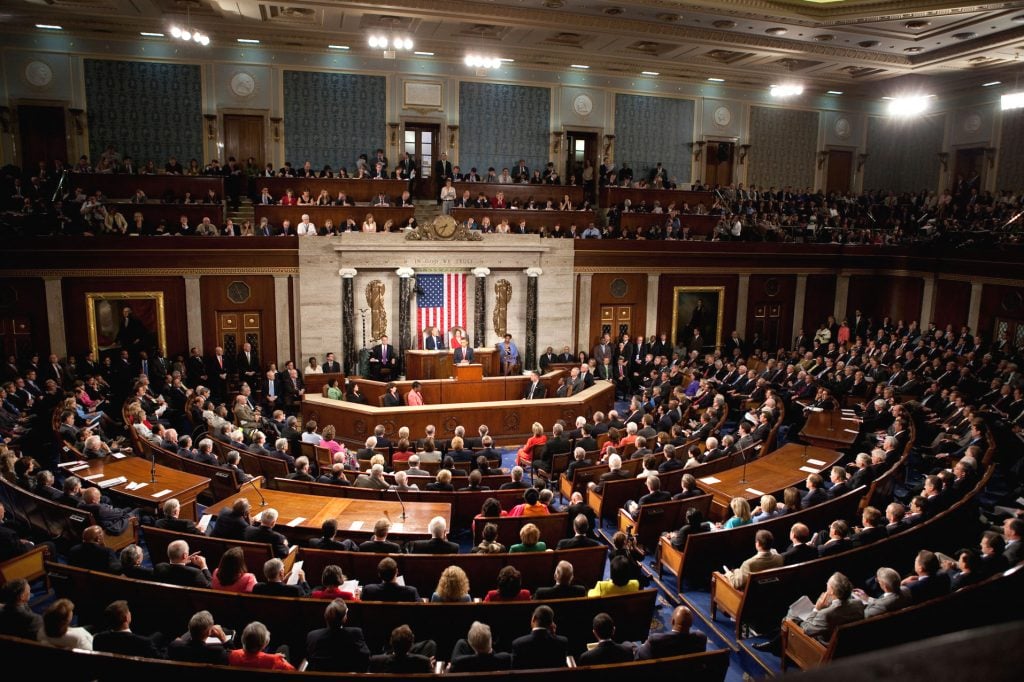Galleries
New ‘American Royalties, Too’ Bill Would Allow Resale Royalties for US Artists


Sarah Cascone

A new bill introduced to Congress on Thursday called “American Royalties, Too” (ART) hopes to provide visual artists with royalties when their works are resold. Introduced by Senators Tammy Baldwin (D-Wisc.) and Ed Markey (D-Mass.) and Representative Jerrold Nadler (D-NY), ART would see visual artists materially benefit from the sale of their intellectual property on the secondary market.
In a phone conversation with artnet News, Artists Right Society president Ted Feder described resale royalties as “a fundamental right enjoyed by artists around the world that we hope will finally be accorded to American artists.” The Society has worked closely with Nadler, Markey and Baldwin to bring ART before Congress.
The hot-button issue has also made headlines recently in Europe, where dealers and auction houses have been protesting the expansion of the Artist Resale Right legislation first passed in 2006. Over 70 countries currently compensate visual artists for the resale of their work. In the US, however, only collectors, galleries, or auction houses enjoy the profits when a work of art appreciates in value. By contrast, successful authors, musicians, and screenwriters can recoup royalties for each production, edition, or performance of their work.
This is not the first effort to introduce reform in art market sales. Senator Ted Kennedy proposed similar legislation in 1986 and again in 1987. Markey, then in the House, was a co-sponsor of the latter piece of legislation, nicknamed the Kennedy-Markey Bill. Nadler has also been an artists’ champion for some time now, having introduced the failed Equity for Visual Artists Act in 2011. The timing may be better now, following the U.S. Copyright Office’s December report, which reversed its 20-year-old position opposing resale royalties for artists.
If passed, ART would apply to sales over US$5,000 at auction houses that do over US$1 million in business a year. Artists would receive a resale royalty of five percent of the sales price, up to US$35,000, for sales in both the US and in other countries that have enacted similar policies. In five years’ time, a provision will allow the Copyright Office to recommend whether or not Congress should expand the guidelines to include sales from dealers and other art market professionals.